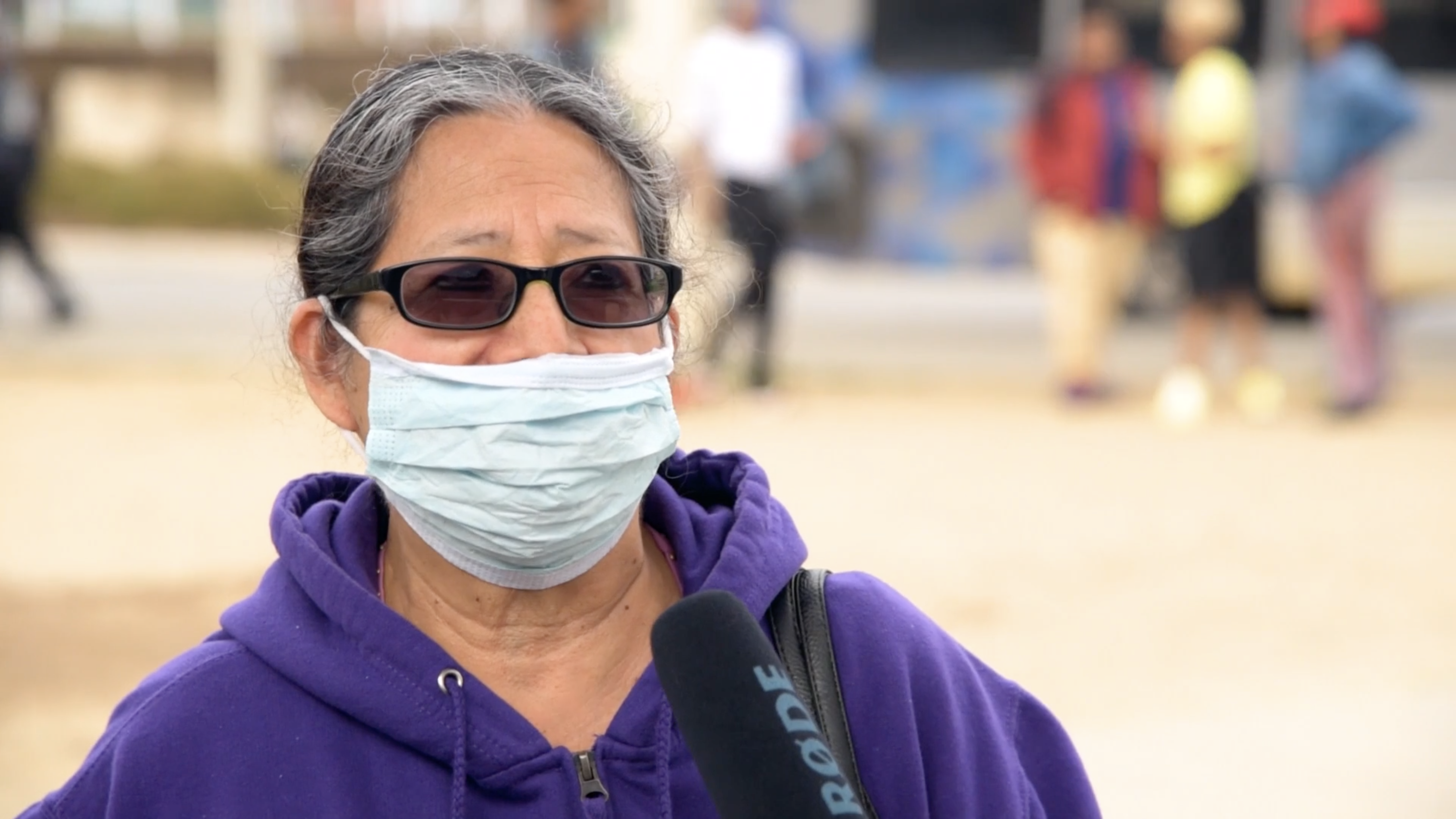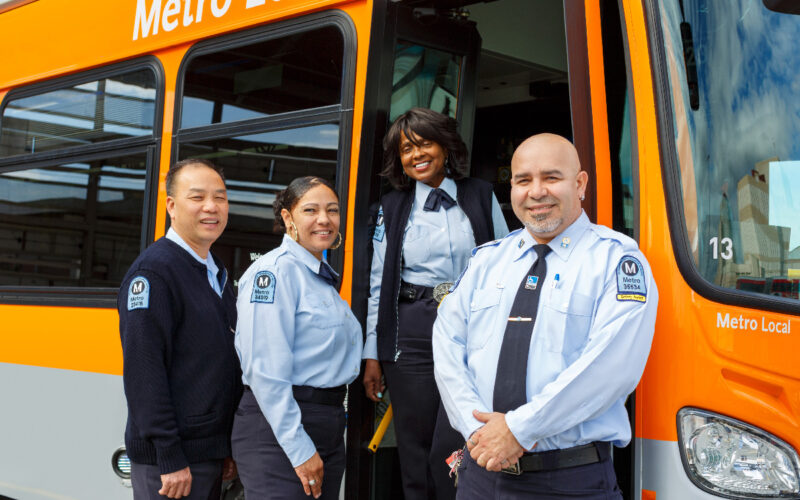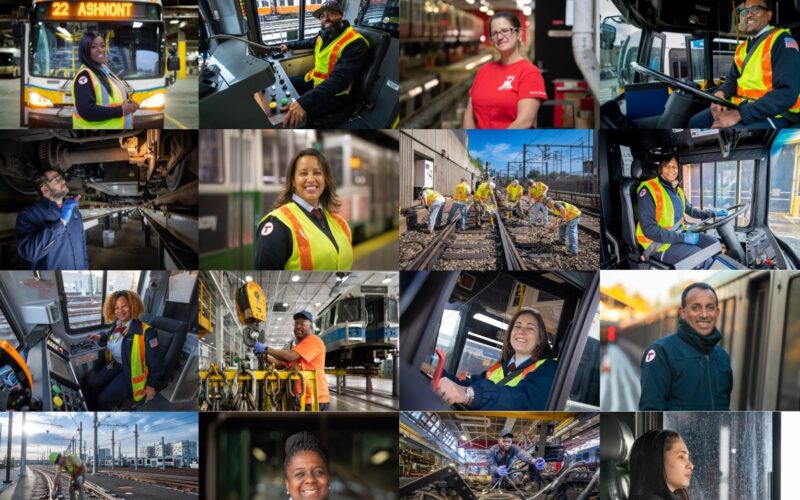
Bike Durham interviewing an essential worker in Durham, North Carolina
While white collar workers can do their jobs from the comfort of home during the COVID-19 crisis, millions of essential workers continue to rely on transit to reach jobs providing medical care, food, and other necessities. The bus and train operators transporting these workers are also at heightened risk and must receive added protections to stay safe on the job.
Since the crisis began, transit advocacy groups across the country have emerged as essential voices to elevate the needs of riders and workers. From New York to Durham to Pittsburgh, they are illuminating stories about the essential mobility that transit provides during the crisis and calling attention to necessary measures to protect transit workers and riders.
In New York City, the Riders Alliance surveyed its membership base to find out what riders are experiencing in their commutes, and what they need from the Metropolitan Transportation Authority (MTA) at this moment.
From the nearly 1,000 responses, Riders Alliance learned that a large majority felt they had to choose between their health or their financial security by riding transit to work. Some feared for their safety on transit because of their racial identities.
The group plans to share respondents’ stories on its social media channels to underscore the importance of maintaining robust, safe transit service during the crisis and beyond. Ultimately, Riders Alliance wants New York policy makers who are tasked with making transit decisions to better understand who is relying on transit.
In North Carolina, Bike Durham found that many Durham residents continue to rely on buses during the crisis. The group traveled to Durham Station––the second busiest bus stop in the city, according to the group––to speak with some of them. Though ridership has fallen markedly since before the crisis, Bike Durham wrote about riders on their way to give plasma, collect paychecks, and shop for groceries.
In Washington D.C., Greater Greater Washington (GGW) is pressuring WMATA to be clearer about its central role in responding to this public health crisis and the resources it needs to provide robust service. The group has written extensively about D.C.’s most vulnerable transit users struggling to navigate a subway and bus network that has become increasingly difficult to use. GGW’s stories are filled with accounts from transit riders intended to illuminate the type of robust service and clear communication from agencies that riders need right now.
As a growing number of bus and train operators across the country test positive for COVID-19, labor leaders have joined with advocates to call for measures that reduce contact between drivers and riders to protect their health and safety. In New York, Philadelphia, and Los Angeles, advocates have successfully demanded the implementation of rear door boarding on buses and a suspension of fares.
And in Pittsburgh, Pittsburghers for Public Transit coordinated closely with Amalgamated Transit Union Local 85 to win rear door boarding and a suspension of fare collection. PPT gathered petition signatures from members who are essential workers relying on transit, which formed the basis of an appeal to Pennsylvania leaders about the importance of covering the Port Authority’s intense revenue shortfall.
Among the many unsung heroes of this moment, transit advocates throughout the United States are mobilizing to win the transit resources to keep our cities running.
 New Drug Testing Rule from USDOT Could Help Alleviate the Bus Operator Crisis
New Drug Testing Rule from USDOT Could Help Alleviate the Bus Operator Crisis
New drug testing rules from the USDOT could make it easier for transit agencies to recruit more operators - but only if they implement the rule.
Read More MBTA Partners with Union to Reach Historic Wage Agreement
MBTA Partners with Union to Reach Historic Wage Agreement
The Massachusetts Bay Transportation Authority and its union, Carmen’s Local 589, reached a historic agreement to increase bus operators' starting wages from $22.21 to $30 an hour, shifting MBTA operators from the lowest paid to the highest paid in the transportation industry.
Read More